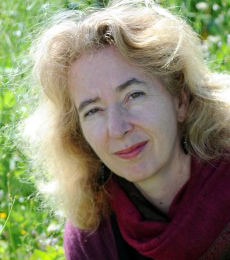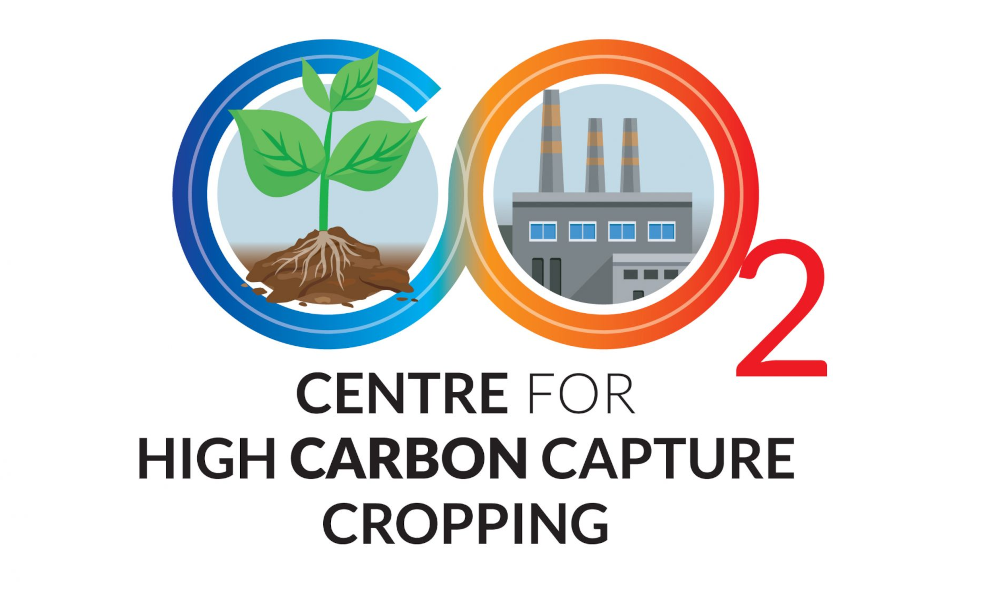A £5.9 million (€6.9 million/$7.5 million) project in the UK puts hemp front and center as it embarks on a study about how effectively crops can absorb greenhouse gas and store it in soil and in end products made from plant material.

In addition to environmental outcomes, the project will examine the effects of cultivation systems and agronomy on economic returns – including carbon offset credits – for the crops under study, a critical factor in decision-making by farmers and producers.
“Farmers and associated industries can address climate change goals through input-efficient crops that are able to increase carbon capture, but they must have confidence in achieving profitable and sustainable outcomes,” said Lydia Smith, Head of Innovation Farm at the National Institute of Agricultural Botany (NIAB), who is leading the new Centre for High Carbon Capture Cropping (CHCx3).
Consortium-based
The CHCx3 initiative brings together a consortium of 22 industry and research partners, including NIAB, which works to improve crop productivity, quality, and sustainability, and experts at the University of York’s Centre for Novel Agricultural Products (CNAP) and Biorenewables Development Center (BDC).
A part of the initiative, planned to run from now through 2027, will focus on industrial hemp’s multi-cropping potential as a source of renewable fiber-based outputs, according to a posting on the York University news blog.
“This is a fantastic opportunity to map the economic, environmental and social value of these cropping systems, and establish the real value they can bring to farmers and the manufacturers of low-carbon products, in construction, textiles and bio-composite materials,” said Helen Shiels, Business Innovation Manager at BDC.
Carbon marketplace
The BDC will conduct value-chain validation, provide resources to promote the uptake of crops with high carbon-capture potential, and produce crop guides, web tools and apps for landowners, farmers and agronomists.
The project will also establish a marketplace for trading carbon credits “consistent with emerging standards for measurement, monitoring, reporting and verification,” to generate revenue for farmers while supporting corporate sustainability, according to NIAB.
Stakeholders will have the chance to participate in the ongoing research, crop trials, field demonstrations, webinars, workshops and training.
The CHCx3 project will focus on four cropping options: rotational cover crops; annual fiber crops (industrial hemp and flax); perennial food, forage, and feed crops (including cereals and herbal leys); and perennial biomass crops (miscanthus, willow and poplar).
‘Vital collaborations’
“The project will kick-start vital new collaborations between researchers, seed suppliers, growers and industries seeking to realize the full potential of crop-based products, establish new revenue opportunities within the carbon market, and give a major boost to our shared aim of achieving Net Zero,” said Stuart Knight, NIAB’s Director of Agronomy.
In addition to NIAB, and the University of York’s BDC and CNAP, consortium partners are: British Hemp Alliance, Cambond, Carbon Farm Hubs, Cotswold Seeds, Crops for Energy, Dark Green Carbon, Elsoms Seeds, Energy Crops Consultancy, English Fine Cottons, FarmED, FC Palmer & Sons, National Farmers Union of England & Wales (NFU), Natural Building Systems, Northern Ireland Hemp Association, Rothamsted Research, Scottish Hemp Association, Terravesta, UK Hempcrete, and Unyte Hemp.

